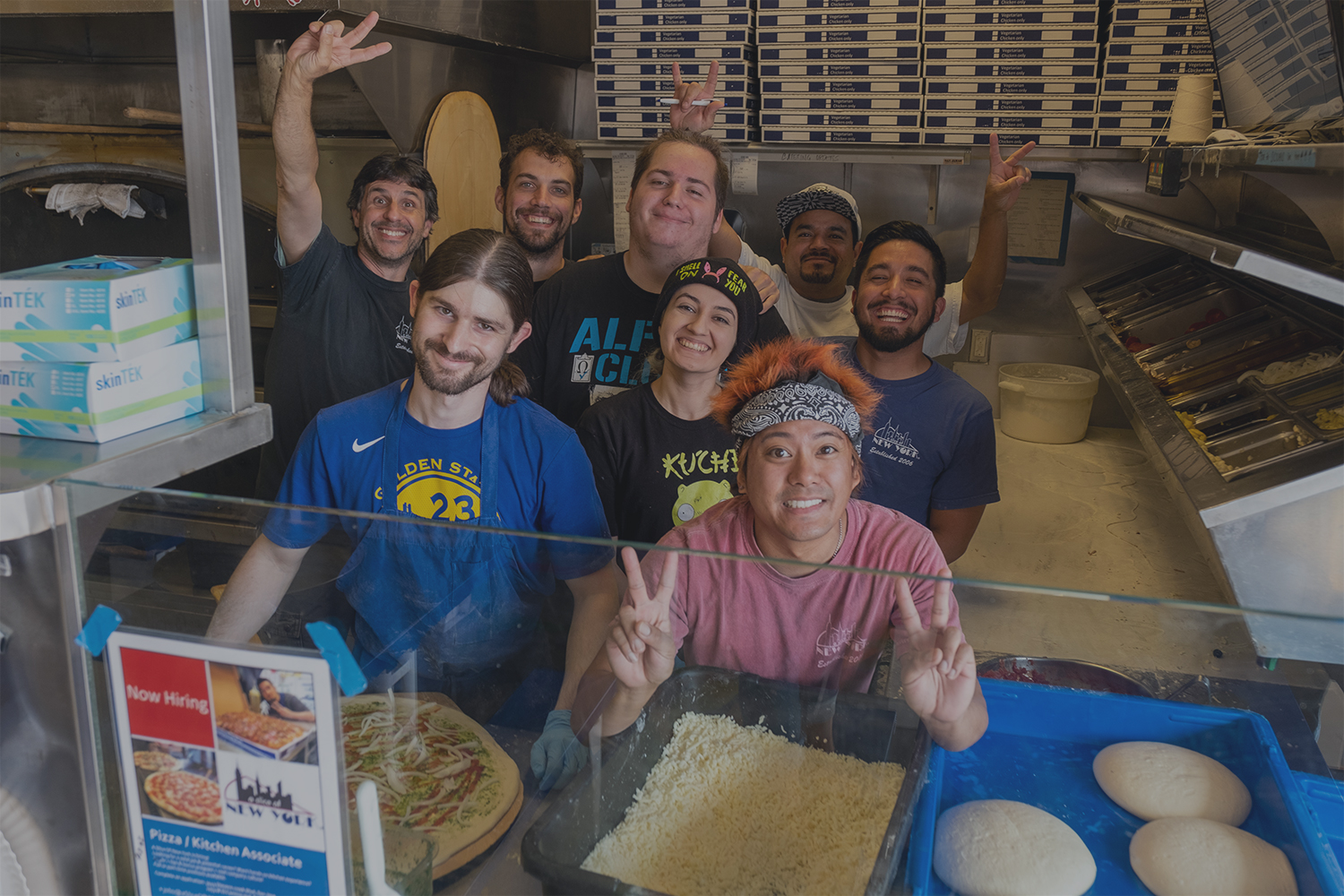We work with business owners at every stage of employee ownership—from those making an initial inquiry to those fully transitioning to employee-owned companies. We help city and county leaders, economic development agencies and workforce and business serving organizations retain jobs and support local economies. We also collaborate with other leaders to develop and advocate for the best policies and practices to support employee ownership.
Unfortunately, too many people face daily challenges that interfere with planning for their future or their family's future.
But the truth is, you can’t pass down what you don’t have. Even before the COVID-19 pandemic, the working poor made up almost half of the American workforce. These households struggle with the basics like paying for transportation, childcare, health care, or even just putting food on the table. Far too many families are stuck in a cycle of intergenerational poverty.
And, we can’t ignore the fact that Black and Latino families are often the hardest hit. Black and Latino workers make, on average, one-third less than white workers, and their families also have significantly lower rates of homeownership. According to the US census, the vast majority of wealth-generating businesses are white-owned and white households are nearly three times more likely to inherit wealth than Black households. Given that business ownership is the second most effective way American families build wealth, behind home ownership, employee ownership is a critical strategy.
The U.S. economy needs a solution to help more people participate in the American Dream.
Small businesses are important wealth-building engines for families and are the lifeblood of the American economy, employing almost half of all workers. Yet 3 million businesses in the US—half of small businesses with employees—have retirement-age owners, most of whom have no plan for succession. Many other owners want to leave their businesses to launch new projects or ventures. If these owners are unable to find buyers—and sadly, most won’t—neither the company nor its jobs will survive.
And just as owners are pivoting, communities are looking for new directions to increase job quality and wealth building opportunities for working people and Black and Latino families across the nation.
Transitioning businesses to employee ownership enables more people to fully participate in the benefits of business ownership and strengthens those companies and their communities. In addition, employee-owned businesses experience fewer layoffs, especially during recessions.


